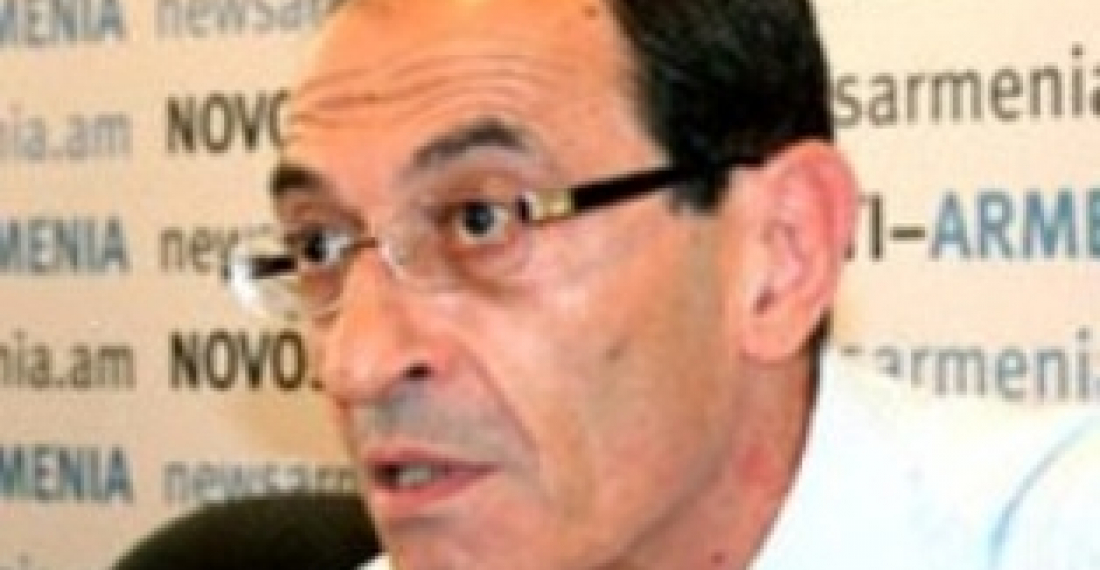The Armenian-Iranian relations can illustrate a dialogue between two civilizations, Deputy Foreign Minister of Armenia Shavarsh Kocharyan told ArmInfo.
"Armenia is one of the countries interested in prosperity and stability of Iran. In this context, I'd like Iran to overcome all the existing difficulties", he said. Kocharyan also pointed out that the relations between the two countries are developing at all levels, including the highest level.
"One can say that we are cooperating in all spheres, including economy and culture. It is noteworthy that among our neighbors Iran distinguishes itself by its careful attitude towards our cultural and historical heritage", he said.
To note, on April 17 Yerevan held an event dedicated to the Army Day of the Islamic Republic of Iran. The event covered an exhibition of photos and some samples of the arms and military equipment made in Iran.







